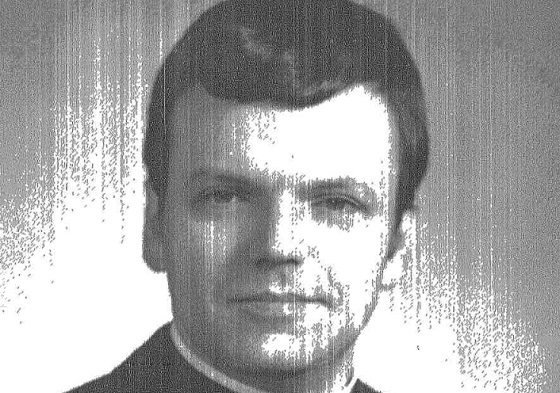Father Richard Rice Refuses Questions about Allegedly Abusive Clergy, Citing Priest Privilege
By Jesse Marx
Before his death in 1985, Father Thomas Stitts is believed to have confessed his sins of sexual abuse -- and the sins of some of his colleagues -- in a letter. However, that letter may have been burned to protect the parties involved. There is still one way to get to the bottom of what Stitts knew -- by asking the priests who were close to him near the end, some of whom are still alive. But they're not talking. Father Richard Rice, for instance, is refusing to answer questions about his private conversations with Stitts as part of a lawsuit against the Archdiocese of St. Paul and Minneapolis. Rice's excuse? Minnesota statute 595.02(c) -- otherwise known as the "priest-penitent privilege." It says members of the clergy do not have to disclose the details of confessions, and is very often upheld by judges. But what makes this case different is that Rice spoke with Stitts as a spiritual adviser, outside the traditional confession-penance-absolution ritual that occurs in a box. In court Thursday, Patrick Noaker, an attorney for a man who claims to have abused by Stitts as a boy, suggested that the archdiocese was withholding evidence by allowing Rice to remain silent. "This man deserves to ask the question," Noaker says, pointing to his client. "'Did Stitts ever admit to abusing me?'" Rice, Noaker adds, doesn't get to decide what stays under the seal of confession. Of course, Rice begs to differ. His attorney, Paul Engh, contends that Stitts would have approached Rice as a confessor with the assumption that the convo would forever stay private. For Rice to then spill the beans publicly, without Stitts's permission, would betray a sacred trust. Any priests who does, would be "kicked out of the church," Engh says. Rice may in fact know nothing of Stitts's alleged crimes, but he refuses to say even that much. Either way, his refusal highlights a classic tension between civil and canonical values. It's a dilemma as old as this country and an especially important one down in Louisiana right now. The state's supreme court ruled this summer that a girl's confession to a priest can be used as testimony in a sexual abuse lawsuit. The Diocese of Baton Rouge fired back, claiming its religious freedom was at stake. In the Roman Catholic world, there is a difference between plain old spiritual talk and confession, but public policy makers seem unaware of it and the church uses this ignorance to its advantage. Complicating matters at home is the ambiguous language of Minnesota's law, which says clergy who give "spiritual advice, aid or comfort" are exempt from testifying. The decision here ultimately comes down to Ramsey County Judge John Van de North. A trial is slated for January 26, 2015.
|
.
Any original material on these pages is copyright © BishopAccountability.org 2004. Reproduce freely with attribution.
